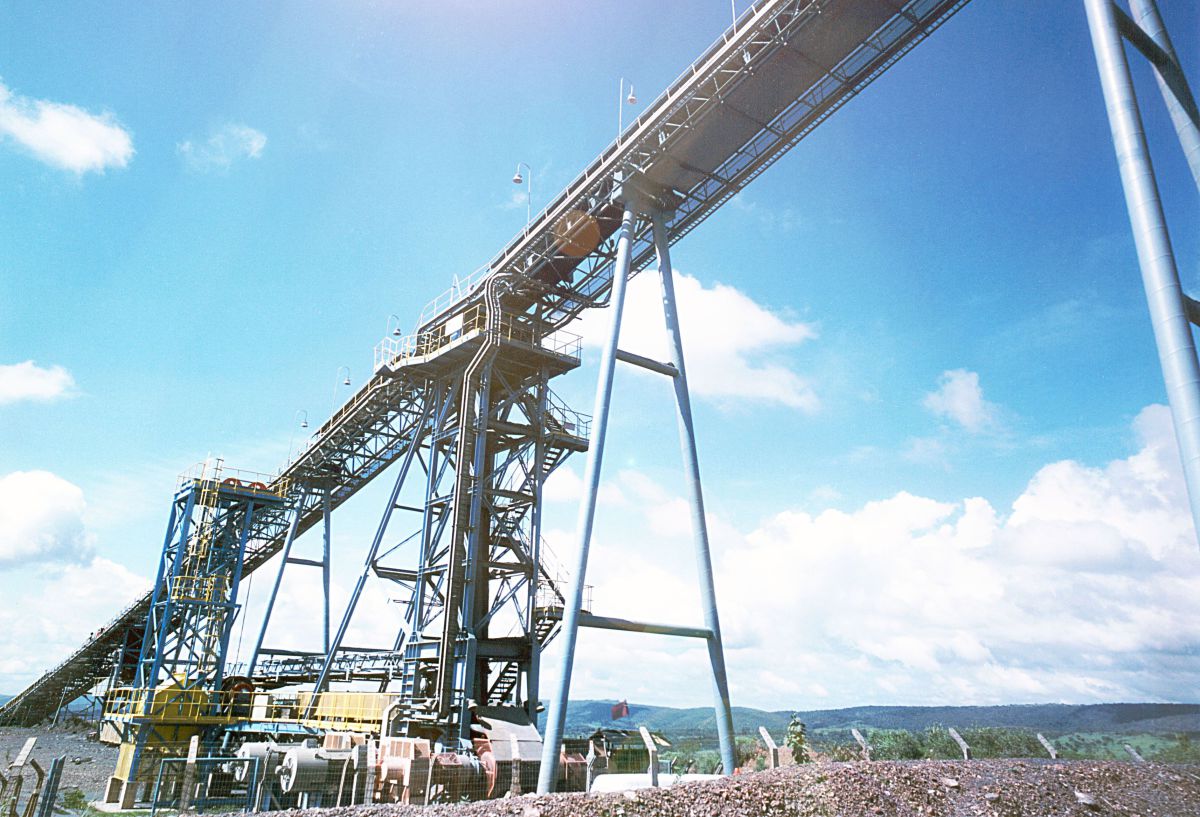Metso’s climate targets approved by Science Based Targets initiative
20.01.2020
 Metso Climate Program
Metso Climate Program
© Metso
The Science Based Targets initiative (SBTi) has approved Metso’s greenhouse gas (GHG) emission targets. The GHG targets are part of Metso’s Climate Program and are applicable to all relevant emission sources: production, procurement, inbound and outbound transportation as well as the use of Metso’s products.
The SBTi is a collaboration between CDP, the United Nations Global Compact, World Resources Institute (WRI) and the World Wide Fund for Nature (WWF). The initiative aims at promoting science-based target setting and driving down global greenhouse gas emissions. Metso is one of the few corporations in its field to join SBTi in the efforts to prevent global warming.
Metso reduces emissions throughout the product life-cycle
As a scope 1 and 2 GHG target, Metso has committed to a 25 % reduction in carbon emissions in production by 2030. This is achievable by investing in renewable energy and improving the energy efficiency of the production processes.
Metso demands sustainability not only of its own production, but also 30 % of its suppliers in terms of spend are required to set science-based emission targets by 2024. By streamlining transportation routes and optimizing warehouse locations, Metso aims for a 20 % reduction in transportation emissions by 2025 (scope 3 GHG emissions target).
Through extensive research and development work, Metso has been able to significantly reduce the energy consumption in customer processes. To continue this development, Metso aims for a 10 % reduction in GHG emissions in the most energy-intensive customer processes through the use of Metso products by 2025. This is further reinforced by the demanding energy-efficiency targets in all Metso R&D projects. As supportive actions, Metso will also offset flight emissions by 100 % by 2021 and continue to find new ways to decrease emissions, for example, in offices.
Metso President and CEO Pekka Vauramo said: “We are extremely happy about the ratification of our science-based CO2 emissions targets. Our Climate Program is an important step in our goal of reducing greenhouse gas emissions. It is also an essential element in Metso being a responsible and trusted partner to our customers. We aim to improve our customers’ productivity in a sustainable manner, and we involve all our stakeholders in reaching this goal.”
For Metso, Scope 1 emissions are generated from fuels used in production, Scope 2 emissions are generated from the purchased energy and Scope 3 emissions are generated from transportation, procurement, travelling and product use.
www.metso.com/company/sustainability/climateprogram/

